Official government website of the Government of the Kingdom of Saudi Arabia
Links to official Saudi websites end withgov.sa
All links to official websites of government agencies in the Kingdom ofSaudi Arabia end with .gov.sa
Government websites use theHTTPSprotocol for encryption and security.
Secure websites in the Kingdom of Saudi Arabia use the HTTPS protocolfor encryption.
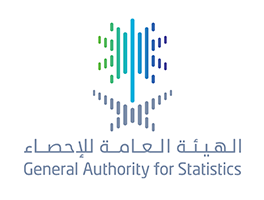
GASTAT issues the Industrial Production Index for June 2023
10-08-2023
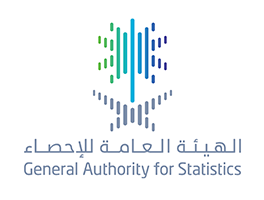
GASTAT publishes The Real Estate Price General Index for quarter 2 of 2023
03-08-2023

Saudi economy grows by 1.1% driven by the growth of non-oil activities by 5.5% in quarter 2 of 2023
31-07-2023
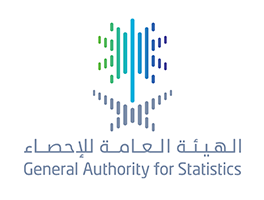
Merchandise Exports Record SAR 97.1 B in May 2023
25-07-2023
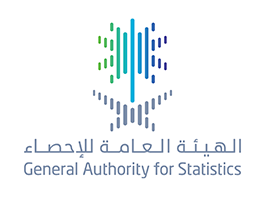
GASTAT releases the Industrial Production Index for May 2023
12-07-2023
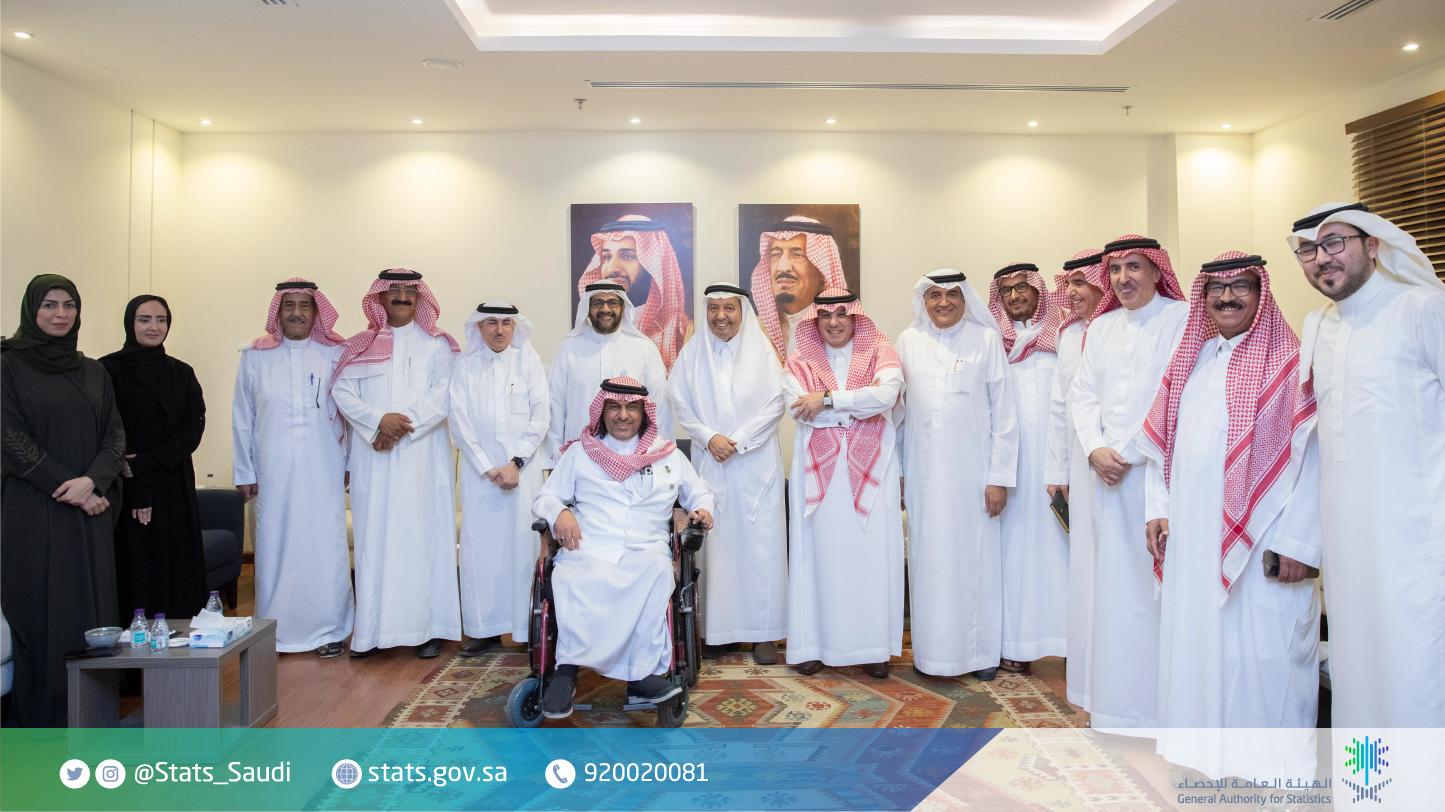
Merchandise Exports Record SAR 97.1 B in May 2023
10-07-2023
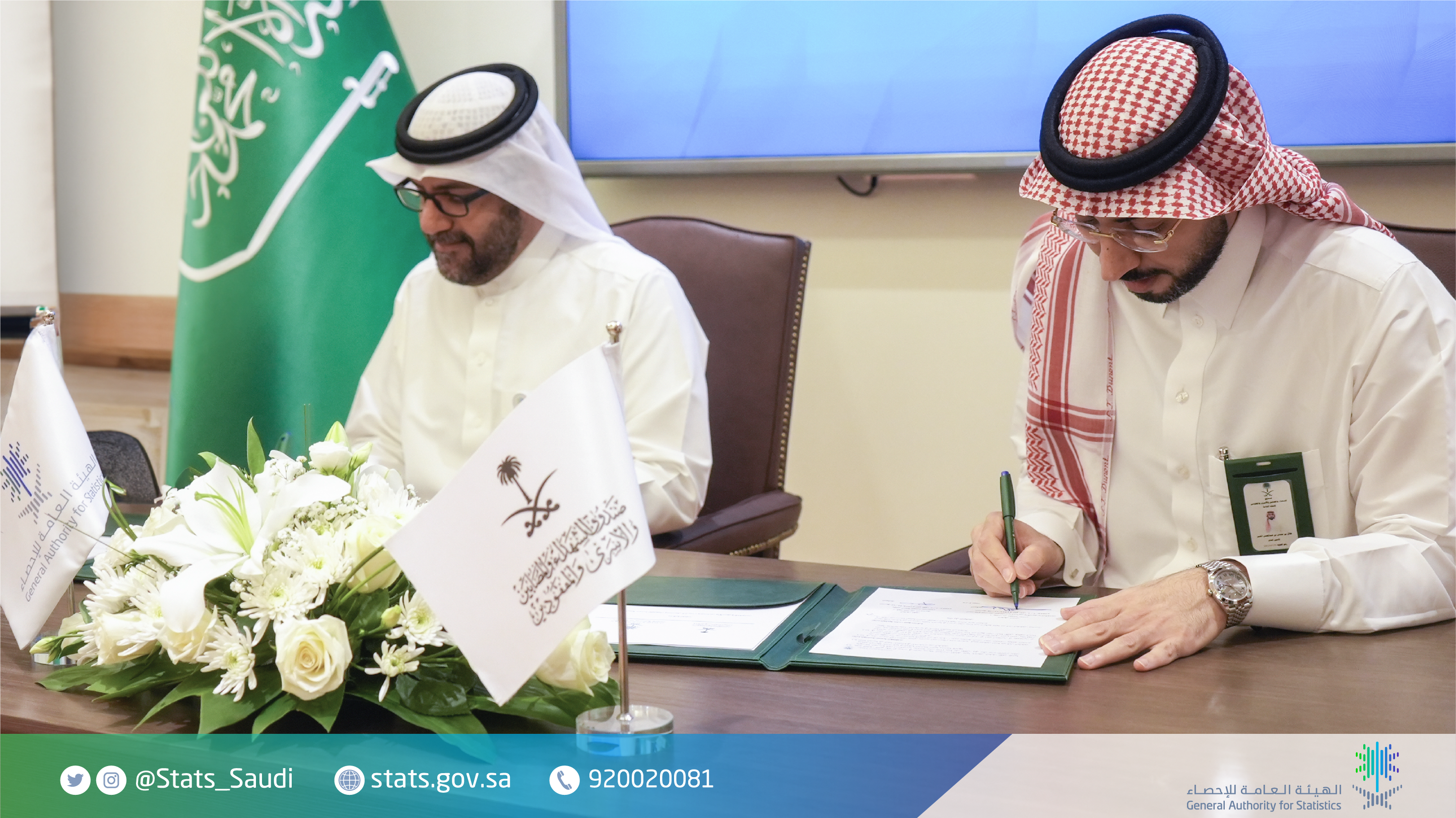
GASTAT releases the Industrial Production Index for May 2023
09-07-2023
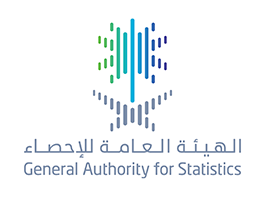
Total Number of Pilgrims in 1444 H Reaches (1,845,045)
27-06-2023
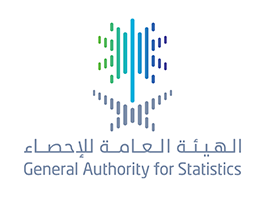
GASTAT Organizes webinar on Saudi Census 2022
20-06-2023

GASTAT issues the Industrial Production Index for June 2023
10-08-2023

GASTAT publishes The Real Estate Price General Index for quarter 2 of 2023
03-08-2023

Saudi economy grows by 1.1% driven by the growth of non-oil activities by 5.5% in quarter 2 of 2023
31-07-2023

Merchandise Exports Record SAR 97.1 B in May 2023
25-07-2023

GASTAT releases the Industrial Production Index for May 2023
12-07-2023

Merchandise Exports Record SAR 97.1 B in May 2023
10-07-2023

GASTAT releases the Industrial Production Index for May 2023
09-07-2023

Total Number of Pilgrims in 1444 H Reaches (1,845,045)
27-06-2023

GASTAT Organizes webinar on Saudi Census 2022
20-06-2023